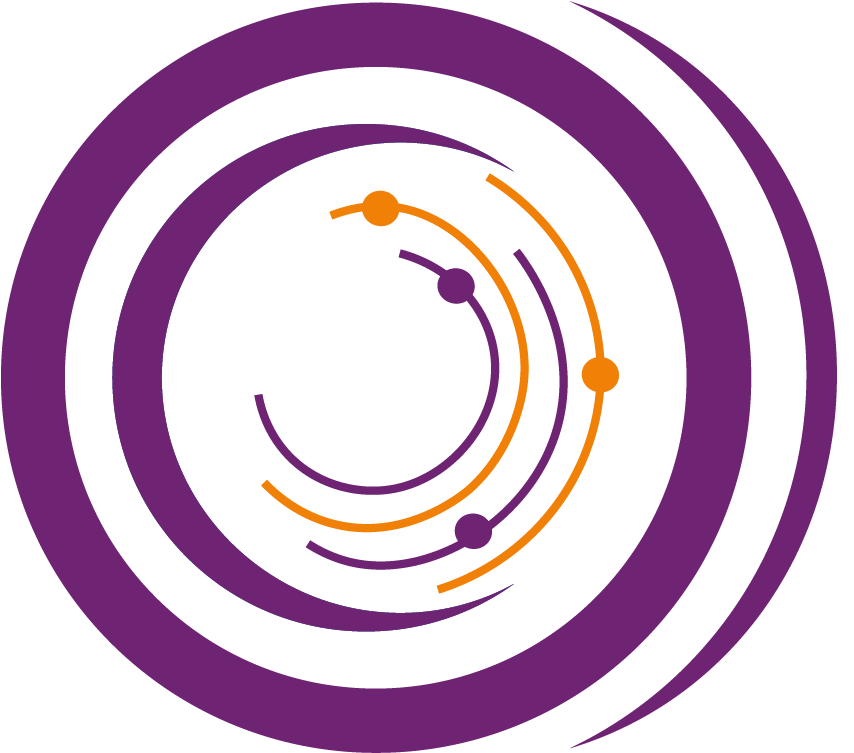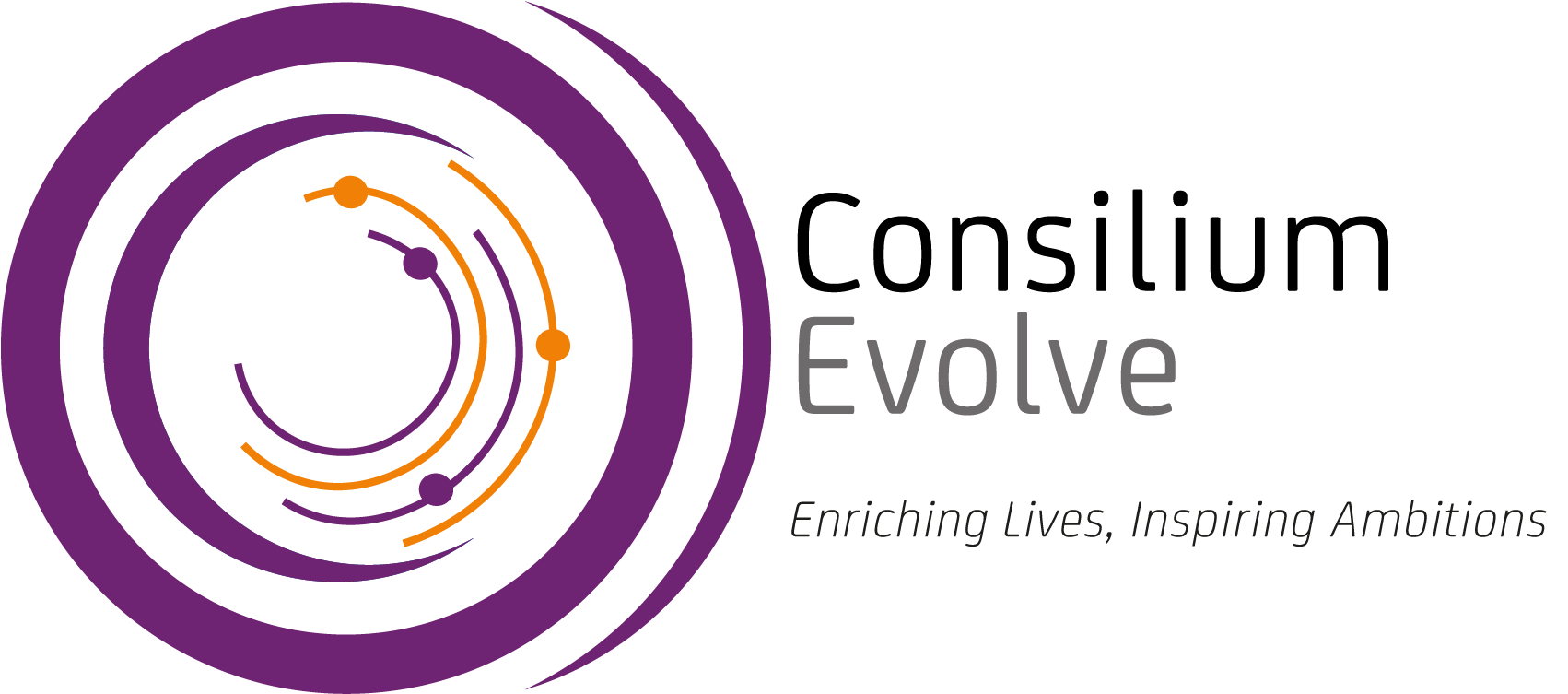Language, Communication and the Arts (LCA)
We share the guiding principle of the National Curriculum: to develop a deep appreciation and love of reading and writing. We provide rich opportunities for engagement in the Arts so that we encourage our students to grow intellectually, culturally, emotionally, and socially. This is something we take seriously, and our offer, both in the classroom and beyond, is ambitious and exciting.
KS3 English: Fostering Comprehensive Literary Skills
Our KS3 English curriculum embraces a thematic approach, weaving together core and additional satellite texts to encompass prose, drama, poetry, and non-fiction. Our approach not only aligns with the National Curriculum but also caters to the diverse learning needs of our students, ensuring they are well-prepared for the challenges of GCSE and beyond.
Each cycle is organized around a central theme that serves as a thread connecting various literary genres, with a strong emphasis on reading and writing skills. Students develop their comprehension, interpretation, and analytical abilities, as well as having the opportunity to express themselves both creatively and critically. Core texts form the backbone of each theme, providing a foundational understanding of key literary concepts and techniques. Satellite texts supplement these core works, offering diverse perspectives and a balanced exposure to a range of genres.
All lessons begin with an oracy focus: starting each lesson with a guided question taps into the student’s experiences to engage them, makes the content relevant, activates prior knowledge, develops critical thinking, and creates an inclusive learning environment. In addition, all units have specific oracy tasks embedded within them, to ensure that we prepare students academically for the GCSE Spoken Language Endorsement, but also socially – because communication is at the centre of what we strive for at Evolve: we connect, understand, and express our shared experiences and diverse perspectives, fostering empathy, growth, and meaningful relationships.
Using the GCSE English Assessment Objectives as the bedrock of our Key Stage 3 offer ensures gradual skill development and alignment with GCSE standards. This approach fosters consistency in assessment, aligns content and pedagogy across both key stages, and so ensures curriculum coherence. It also facilitates a more effective and efficient learning journey for our students, whatever their start or end point is with us at Evolve.

KS4 English Language and Literature: Prepare, Practice, Succeed.
At KS4, our curriculum has been designed and structured to reflect the particular needs of Evolve students. We have chosen AQA as our exam board, as it is the most widely taught in our home schools. Our intention is that this consistency fosters a smoother learning journey and minimizes disruption.
In terms of the course structure, we prioritize the study of Literature in Year 10 to establish a strong foundation in analytical reading and writing. This approach equips students with the essential tools for developing a deep knowledge and understanding of the examined literature, but also encourages their ability to apply this way of thinking in relation to any text, which is a crucial skill for success in English Language.
By front-loading the KS4 course with the Literature texts, we aim to minimize gaps in knowledge and skills, facilitating smoother transitions for students who may leave during Year 10 or 11. Whether returning to their home schools or continuing at Evolve, students are well prepared and less likely to encounter significant disruptions in their academic progress. If joining us at a late stage in Year 11, the course focus will be predominating on the Language exam, and so broadly accessible to all.
Additionally, we integrate NCFE Functional Skills English into our curriculum to ensure that every student leaves with the qualifications required to progress confidently to the next stage of their education. This additional focus on practical language skills equips every student with the tools needed to succeed both academically or in real-world situations, fostering a well-rounded preparation for their future.
Like in Key Stage 3, all lessons begin with an oracy element, continuing to prepare students for their next steps into college and apprenticeship. They are designed to develop communication skills, promote critical thinking, encourage collaboration, build confidence, and enhance cultural capital.
KS3 Language, Communication, and the Arts: Unleashing Creativity
Each unit in the KS3 LCA course adopts the Expeditionary Learning (EL) model, an approach which is particularly well-suited to our setting as it offers the opportunity to work in a cross-curricular fashion, and enables us to incorporate subjects that do not otherwise appear in the Evolve curriculum. Every topic commences with engaging expeditions, such as field trips and workshops, designed to immerse students in real-world contexts related to the arts. Throughout, interdisciplinary connections between literature, visual arts, performing arts, and digital media are emphasized, encouraging students to explore the intersections between these disciplines. Student-centred inquiry drives learning, enabling students to explore personal interests within unit themes, while being guided by their teacher. Collaborative learning is promoted through group projects and activities, fostering communication skills, teamwork, and empathy among students. Authentic assessment methods, such as presentations to the wider community and exhibitions of work, are used to showcase students' creativity. In Cycle 3, particular focus will be placed on preparing students for the transition to GCSE and the Interactive Media course, with a range of targeted activities, projects, and assessments aimed at building foundational skills and knowledge required for success at KS4.
KS3 students work towards the nationally accredited Arts Award. This emphasises participation in the arts both as creators and audience members and encourages young people to take their first steps towards leadership by sharing their learning with others.
KS4 NCFE Interactive Media: Becoming a member of the digital world
We have chosen the NCFE Interactive Media course at Key Stage 4 because in today's digital age, interactive media skills are highly relevant, preparing students for careers in fields such as graphic design, web development, and multimedia production. The course is inherently engaging, involving hands-on activities like designing websites and creating digital art, which boosts student motivation and interest in learning, and also develops smoothly from our KS3 LCA curriculum. Students learn to use various software tools and techniques to create engaging digital content, including websites, animations, graphics, and interactive applications.
The Interactive Media course also aligns with our principles of Expeditionary Learning. It emphasizes engaging, hands-on learning experiences that connect to real-world contexts, so that throughout the course, students actively explore and create digital content, devlopeing a deeper understanding of concepts, whilst also enjoying the scope for personal creativity and innovation. Students learn about digital citizenship, online safety and the ethical use of technology, and so the course not only provides with valuable skills in digital literacy, but also aligns with broader National Curriculum requirements.

There is a high-profile celebratory culture around reading at Evolve and we are always looking for opportunities to take this further. Our students head out into the community to visit the Sunderland City Library, browse books and engage with the library staff. A work in progress is the development of our own library at Evolve, with students encouraged to request books they’d like to share with their peers. We are excited to have been awarded a grant from The Foyle Foundation which will provide a diverse range of reading materials that we hope will engage both our students and their families. We love to embrace all things reading, so every year we participate in World Book Day which sees staff and students dressing up as characters, engaging in reading themed activities and competitions. We compete in writing competitions and annually we produce an anthology celebrating students’ creative works.
We have partnered with the innovative team at Lexonik, to add a literacy intervention to our therapeutic offer. Through a strategic teaching approach, students develop essential literacy skills that improve reading ages by an average of 27 months in just six weeks. Award winning and commended by the National Literacy Trust, Lexonik provides both the training that staff need to be effective in delivering intervention, and programmes of study for learners of all ages, supporting the acquisition of:

- Reading comprehension, fluency, and automaticity
- Explicit vocabulary instruction
- Phonics and sounds
- Spelling
- Grammar and Punctuation




